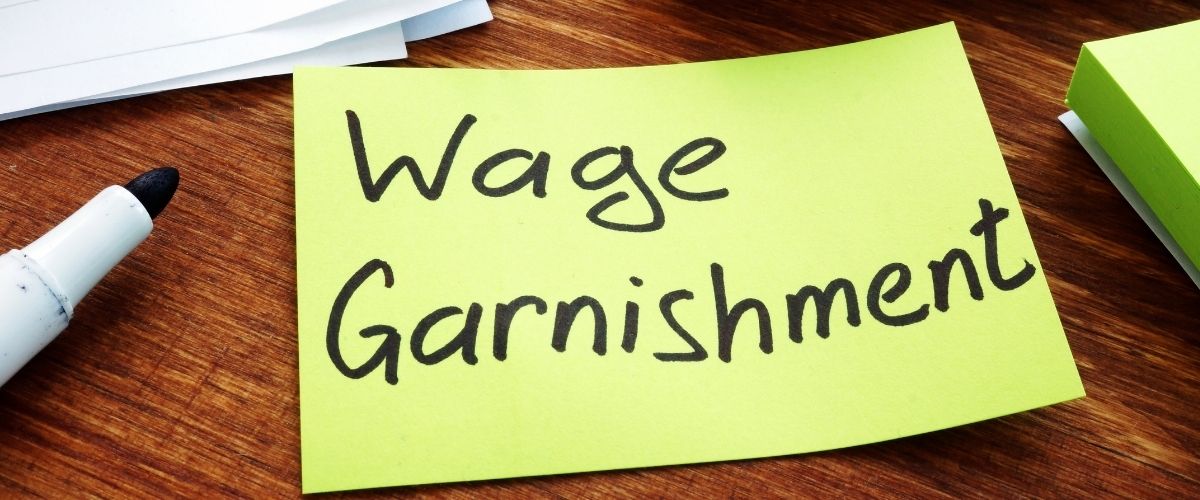
Wage Garnishment: How It Works, What You Can Do, and Other FAQs
What Is a Garnishment & How Did I Get One?
Garnishments may occur if you stop paying your creditor and the creditor decides to take legal action. To take action, a creditor must get a Garnishment Order from the Court to present to your employer or financial institution to make payments out of your income or bank account. You may have heard people say the term ‘garnished;’ however, the correct term is garnishee or garnishment. A Garnishment Order from the Court is not required by Canada Revenue Agency as they are able to issue a Requirement to Pay in its place.
How Much Will Get Garnished?
It is up to the judgement of the Court to decide if and how much of your wages or bank account will be garnisheed. In the case that a Requirement to Pay has been issued by the CRA, often 30% of income is garnisheed. However, in some extreme situations, 100% of income has been taken.
How Do I Get Rid of a Garnishment?
A garnishment is a legal proceeding that only can be stopped by paying the debt or by filing a Consumer Proposal or Personal Bankruptcy. Filing for personal bankruptcy or filing a Consumer Proposal acts as an automatic stay of proceedings pursuant to Section 69 of the Bankruptcy and Insolvency Act. This means that you are legally protected from the Garnishment Order and it must be removed from your wage or bank account. Once you have signed either for personal bankruptcy or a Consumer Proposal, your employer or financial institution will be notified and the garnishment must stop. This is also applicable to Requirements to Pay as a result of tax debt.
Will Filing for Insolvency Protect Me From All Garnishments?
While most garnishments are protected by the stay of proceedings after filing for insolvency, garnishments for child support and spousal support are not.
